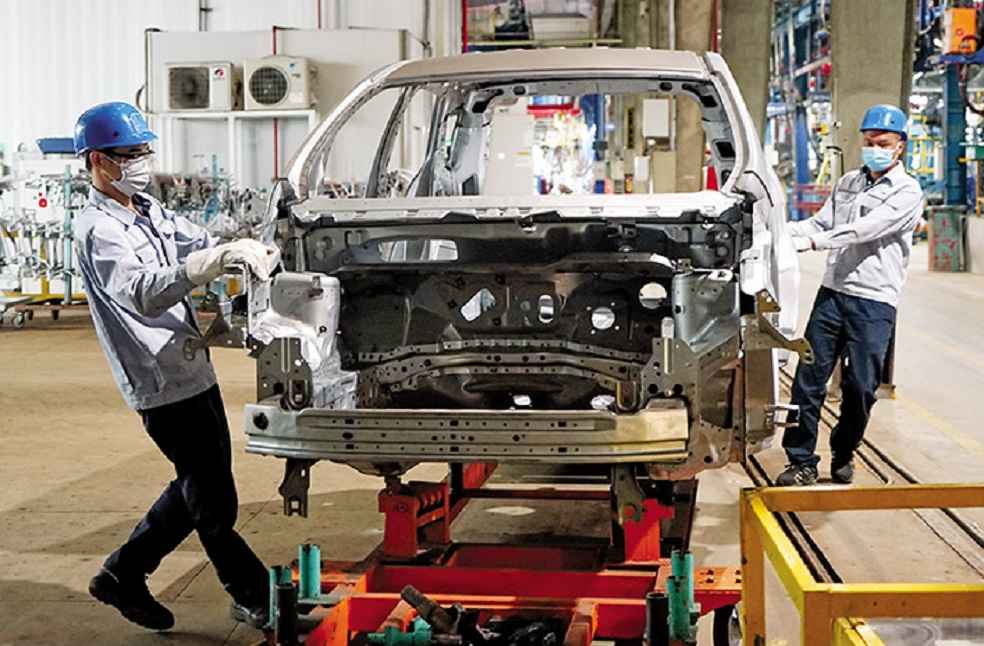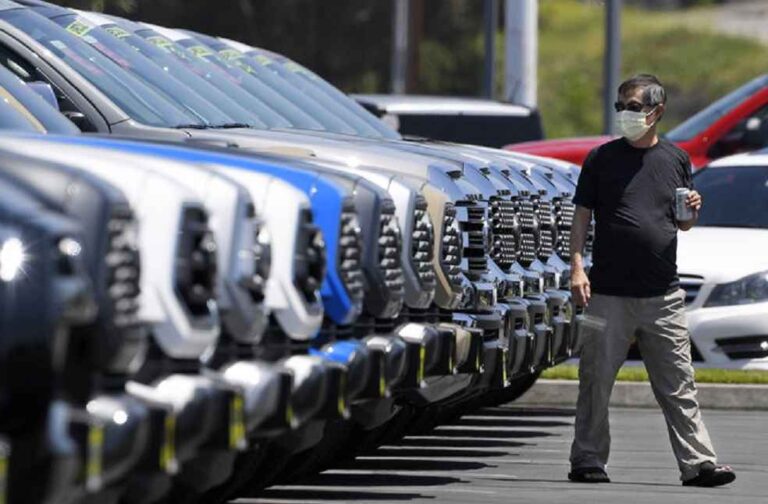Vietnam’s auto market faces an unexpected downturn in sales, starkly contrasting with previous years’ buoyant figures during the Tet shopping season. Local car experts observe stagnant customer visits to dealerships, despite aggressive price reductions and promotional strategies.
Vehicles priced under $40,983 (VND1 billion) are particularly hard to sell, attributed to economic challenges and consumer spending reticence. Anh Duc, a car salesman on Pham Hung Street, shares his surprise at the dwindling sales, noting a significant drop from previous years’ numbers.
Dealers optimistically await a surge in demand towards year-end, yet the market remains quiet. Some consider deeper price cuts and additional incentives, potentially selling at a loss to diminish inventory and recover costs.

The decline in car consumption across Vietnam persists, despite manufacturers’ efforts like new model launches, discounts, and registration fee support.
Key industry players like Toyota Vietnam and Honda Vietnam have launched substantial discount programs on registration fees. Hyundai, with price reductions for models like the Hyundai Stargazer and the diesel Santa Fe, still struggles to boost sales.
This downturn exceeds the impact felt during the Covid-19 pandemic. Vietnam Automobile Manufacturers Association (VAMA) data shows a 29% decrease in car sales for the first 10 months of 2023 compared to last year, a reduction of 70,000 vehicles.

Toyota Vietnam reports a 42% fall in sales, reflecting the broader industry trend. Brands like Kia, Honda, and Mitsubishi also face significant sales drops.
Economist Ngo Tri Long points out that car models’ prices are at a near-decade low, yet sales remain sluggish. The industry braces for continued challenges into 2024, with high inventory levels posing a threat to auto businesses. Excess inventory risks elevated costs and reduced profitability.
This period marks a critical juncture for Vietnam’s automotive sector as it navigates economic complexities and evolving consumer preferences, raising concerns about its near-term resilience and long-term growth prospects.
AUTO TECH | Renault Aims to Slash Production Costs by 2027 with AI





